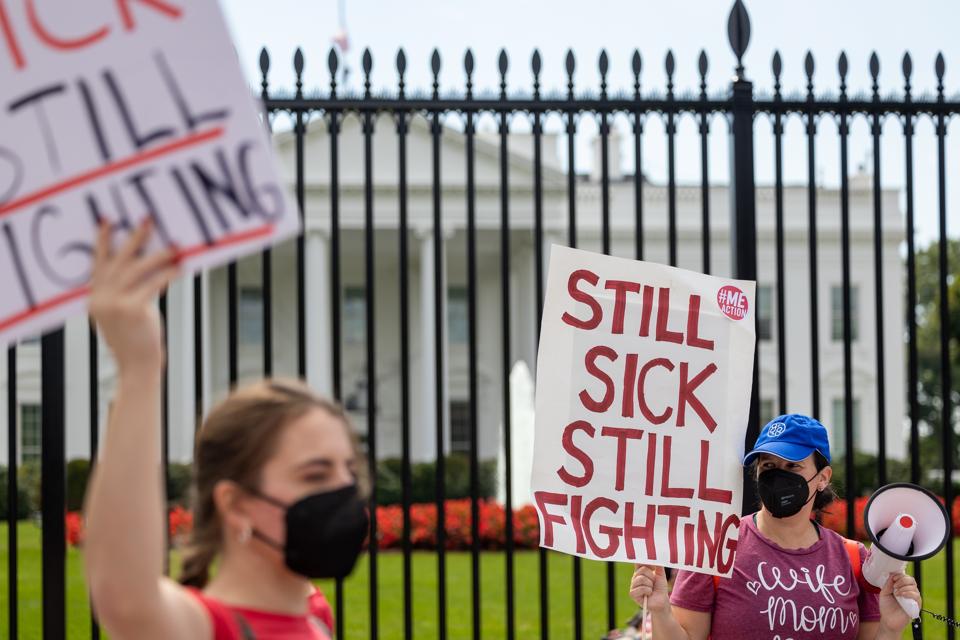In spite of the fact that Covid-19 infection rates have been climbing across a significant portion of the country, the message that many of our public health and political officials are sending is one of minimization and denial. This is occurring all around the country, but the doctors working at Boston’s most prestigious hospitals have been in the news more frequently.
We are aware that masks of sufficient quality are effective at preventing infection. On May 12, however, hospitals in the Boston area, amongst others, dropped their masking rules. Patients at the Massachusetts General Brigham were informed that they are no longer permitted to request that staff employees wear masks. Patients who are immunocompromised and fear going to the hospital because of the possibility of contracting an infection have, very reasonably, taken offence at this news. I discussed this topic both here and here.
I emailed Dr. Erica Shenoy, the head of infection control at MGB, to inquire about their procedures, but she did not respond with any information in response to my inquiries. Dr. Shira Doron, the chief infection control officer for Tufts, gave a session not too long ago, and I was fortunate enough to be able to attend. Doron was Shenoy’s co-author in the composition of an article against universal masking that was published in the prestigious Annals of Internal Medicine publication. Sharon Wright of Beth Israel Lahey was the other author on the piece.
During the little time allotted for questions and answers, Doron offered the following clarification: “My job is to prevent the transmission of disease within a healthcare system.” She continued by explaining that she does not wear a mask whenever she is outside because “I am not trying to outrun the virus.” She continued by saying, “Maybe you can delay it a little bit, but we’re all going to get Covid again and again throughout our lifetime.”
When asked about the ventilation in the hospital, she responded that there is no need to increase the ventilation because each room has “many air exchangers and excellent filtration.” Therefore, it is the safest location you can be at any given time.”





